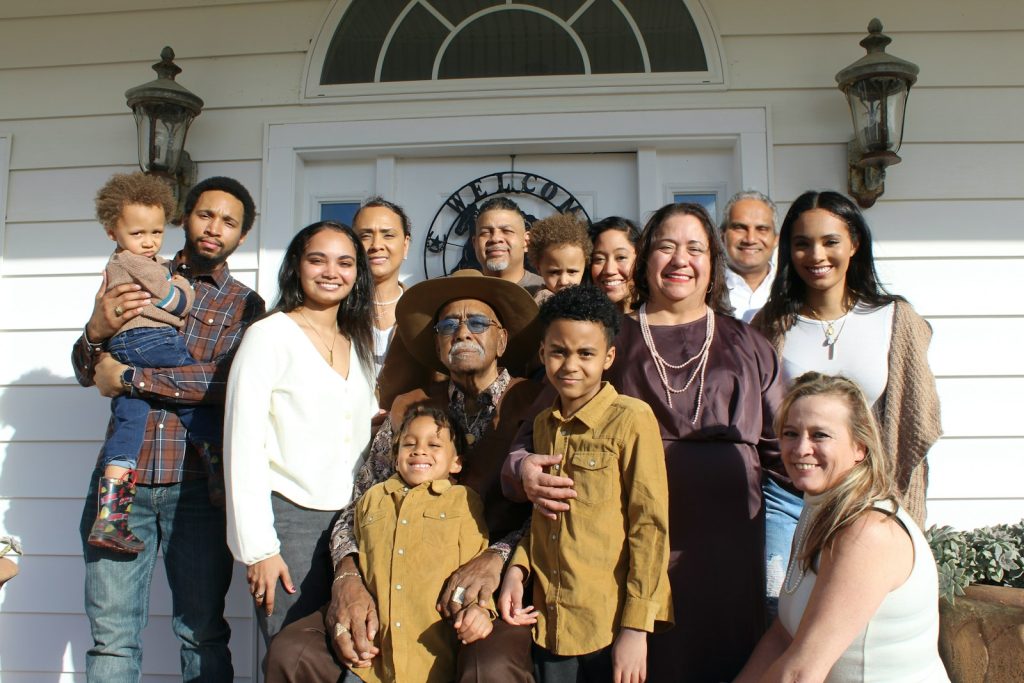
Have you ever dreamt of strolling down the Malecón in Havana, or ordering tapas like a pro in Barcelona? Maybe you have family or friends in a Spanish-speaking country, or perhaps you simply crave the cultural enrichment that comes with learning a new language. Whatever your reason, you’ve landed in the right place! Today, we’re diving into the exciting world of Spanish for non-native speakers, and specifically, the diverse group of learners who share this journey with you.
– Young Adults: The Adventurers
Young adults often learn Spanish to enhance their travel experiences. You’ll find them exploring Spanish-speaking countries, eager to communicate with locals and dive into the culture.
Many young professionals take up Spanish to boost their resumes. Knowing a second language can open up job opportunities and give you an edge in the global market.
College students frequently choose Spanish as their second language. It’s a popular choice for fulfilling language requirements and enhancing their academic experience.
– Professionals: The Career Climbers
Business professionals learn Spanish to expand their career horizons. You might be looking to work with Spanish-speaking clients or seeking international job opportunities.
Healthcare professionals benefit greatly from knowing Spanish. Being able to communicate with Spanish-speaking patients improves service and care quality.
Teachers and educators often learn Spanish to better support their students. If you work in diverse schools, Spanish skills can help bridge language gaps and improve communication.
– Retirees: The Lifelong Learners
Retirees often learn Spanish as a fulfilling hobby. You might be looking to keep your mind active, travel, or even retire in a Spanish-speaking country.
Many retirees volunteer in their communities, and knowing Spanish can enhance their ability to help others. It’s a wonderful way to connect and give back.
Retirees with a love for Spanish culture dive into the language to fully enjoy literature, music, and films in their original form.
– School-Aged Children: The Early Starters
Parents often enroll young children in Spanish classes to give them a head start. Learning a second language at a young age can be incredibly beneficial.
Middle school students take Spanish as part of their curriculum. It’s a fun and interactive way to introduce them to new languages and cultures.
High school students often choose Spanish for their language credits. It’s one of the most popular languages offered in schools and can prepare them for college-level Spanish.
– Travelers and Expats: The Global Citizens
Travelers learn Spanish to enhance their adventures. Whether you’re backpacking through South America or exploring Spain, knowing the language enriches your experiences.
Expats moving to Spanish-speaking countries need the language for daily life. From grocery shopping to socializing, speaking Spanish makes the transition smoother.
Digital nomads living in Spanish-speaking countries benefit from learning the language. It helps you integrate into local communities and navigate everyday tasks with ease.
– Heritage Learners: Connecting with Roots
Second-generation immigrants often learn Spanish to connect with their heritage. If you grew up speaking English but have Spanish-speaking family, learning the language bridges the cultural gap.
Some learners are driven by a desire to reconnect with their ancestral culture. Understanding and speaking Spanish allows you to explore your roots deeply.
Heritage learners aim to communicate better with Spanish-speaking relatives. It’s about keeping family bonds strong and preserving cultural traditions.
– Finding Your Learning Community
When you join a Spanish class, you’ll meet people from all walks of life. This diversity enriches your learning experience and broadens your perspective.
You’ll share goals and motivations with your classmates, whether it’s travel, career advancement, or personal fulfillment. This common ground creates a supportive learning environment.
Learning Spanish in a group fosters cultural exchange. You’ll share experiences, learn from each other, and build a community that celebrates diversity.
– Why Demographics Matter
Understanding student demographics helps instructors tailor their teaching methods. Whether you’re a young professional or a retiree, lessons can be customized to suit your needs.
Different demographics benefit from targeted learning resources. From apps for busy professionals to interactive games for children, there are tools designed specifically for you.
Knowing who you’re learning with enhances engagement. You’ll find it easier to relate to your classmates and enjoy the learning process more.
– Final Thoughts
Celebrate the diversity in your Spanish class. Each student brings unique perspectives and experiences, making the learning journey richer and more rewarding.
Stay motivated by connecting with your classmates. Share your progress, celebrate successes, and support each other through challenges.
Learning Spanish is a journey shared by people from all backgrounds. Embrace the experience, stay curious, and enjoy every step. ¡Buena suerte!